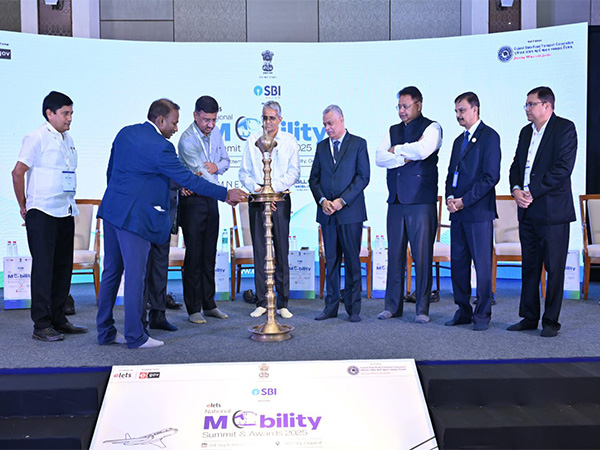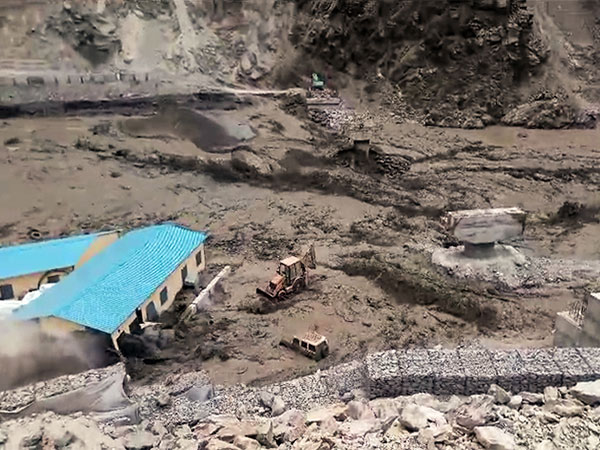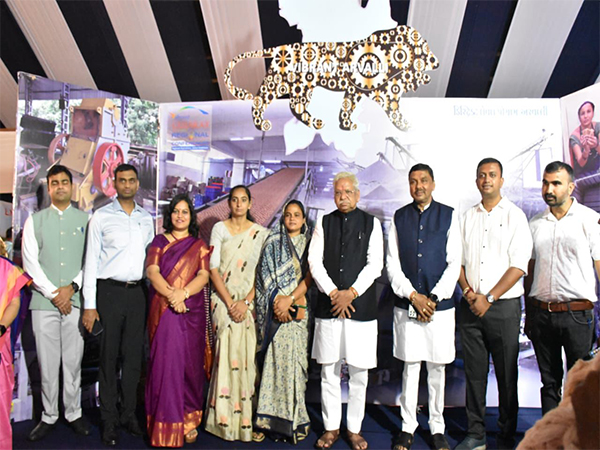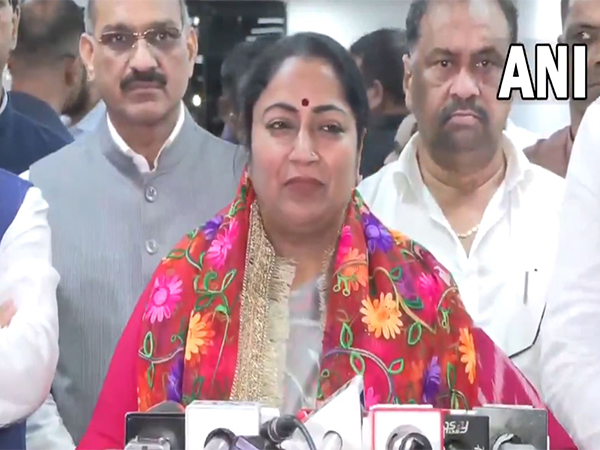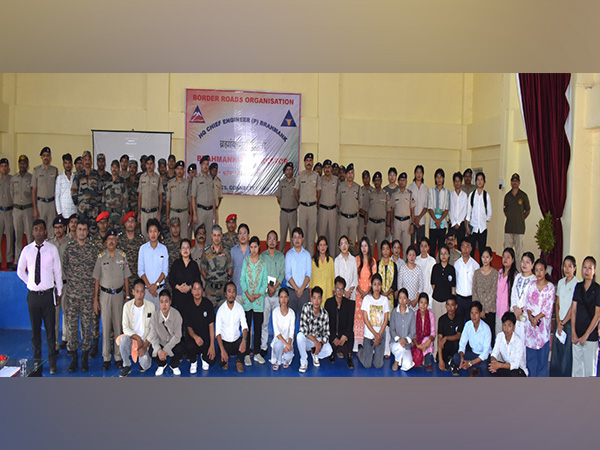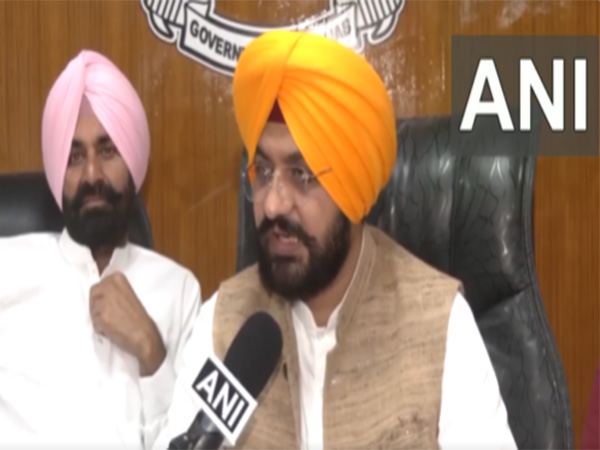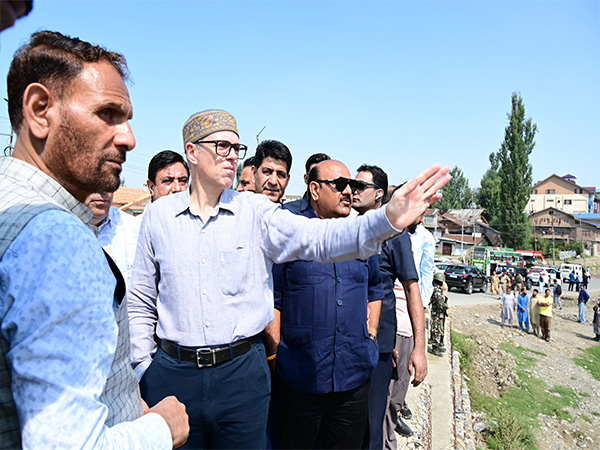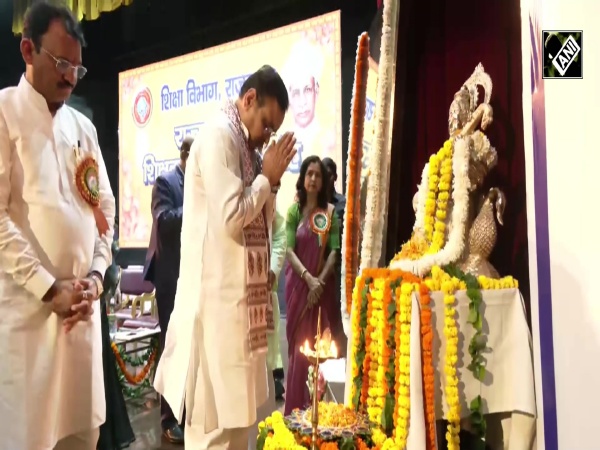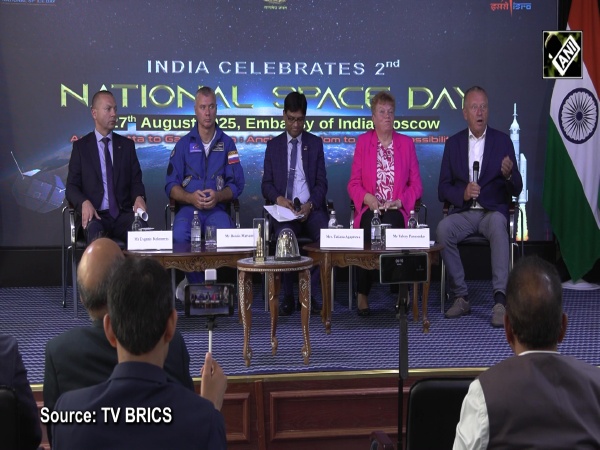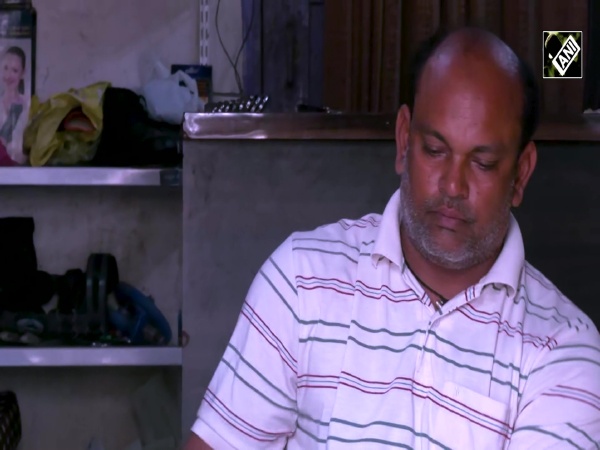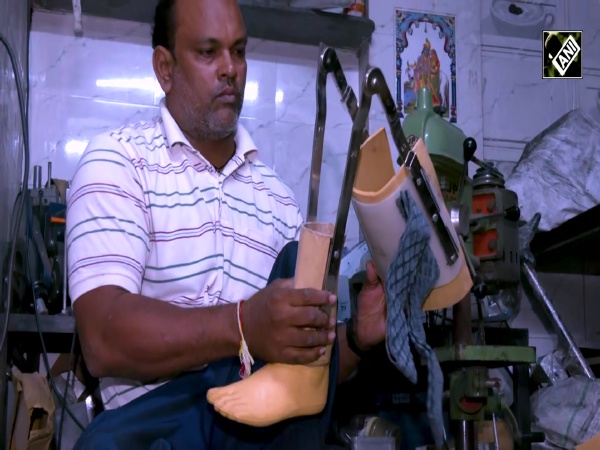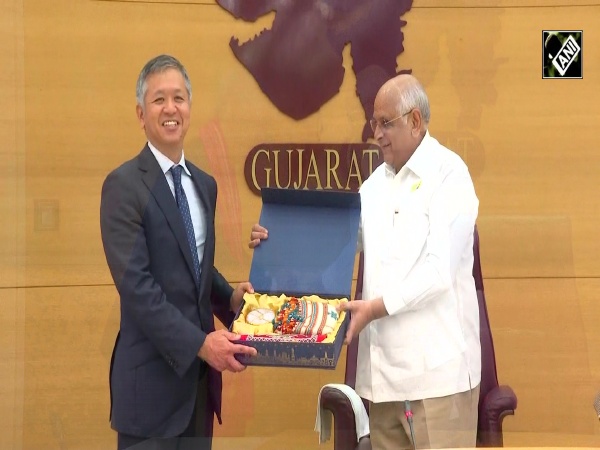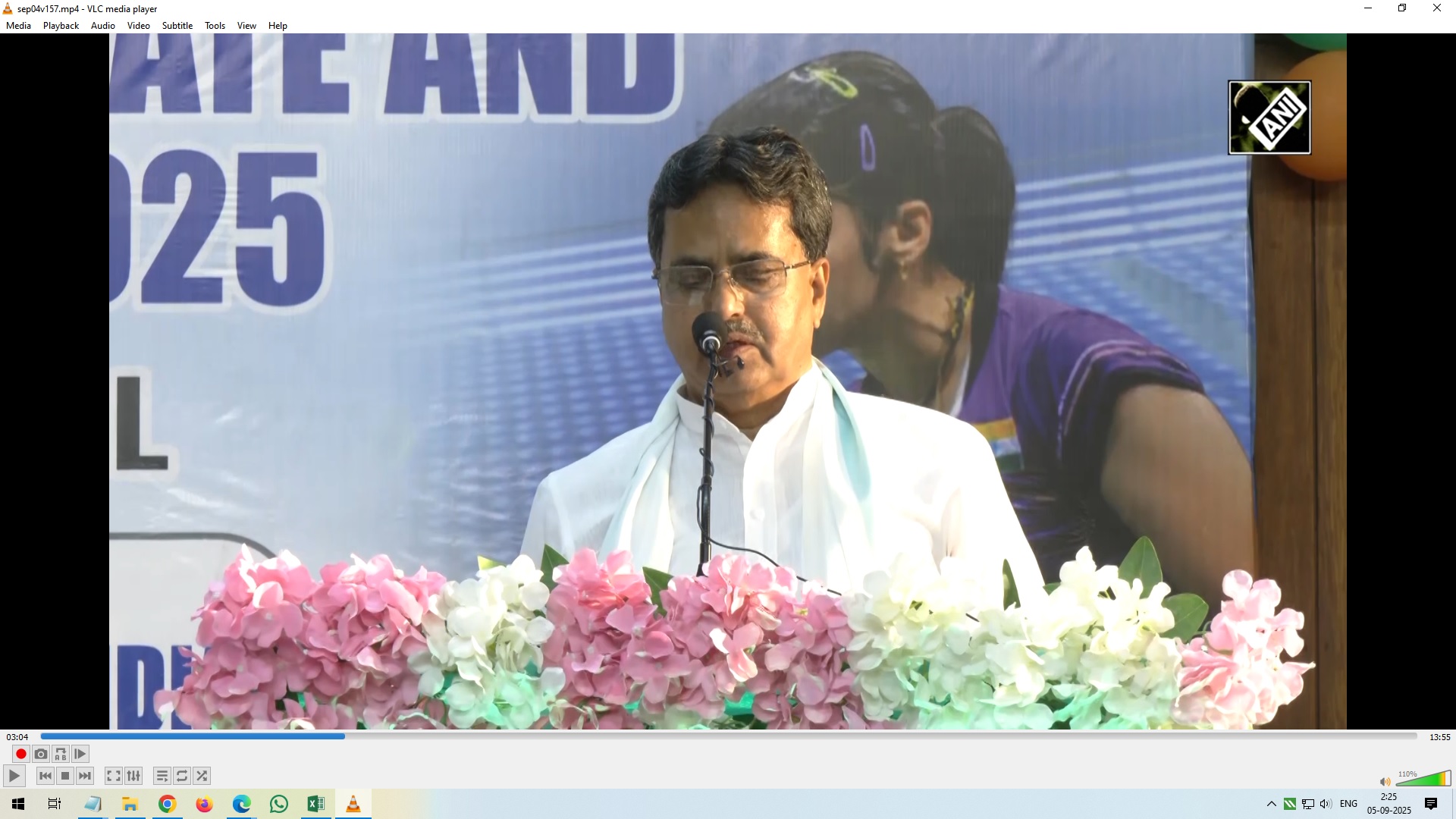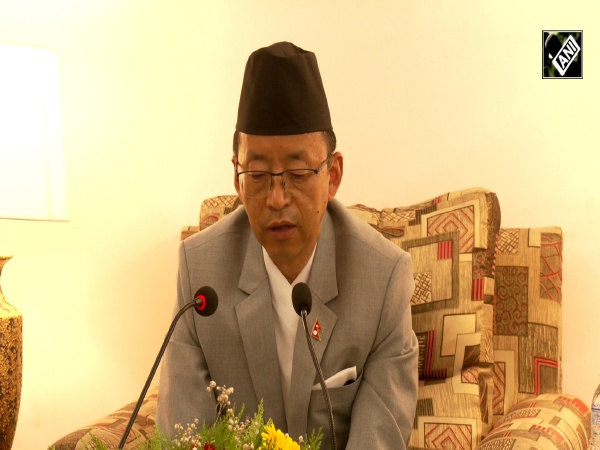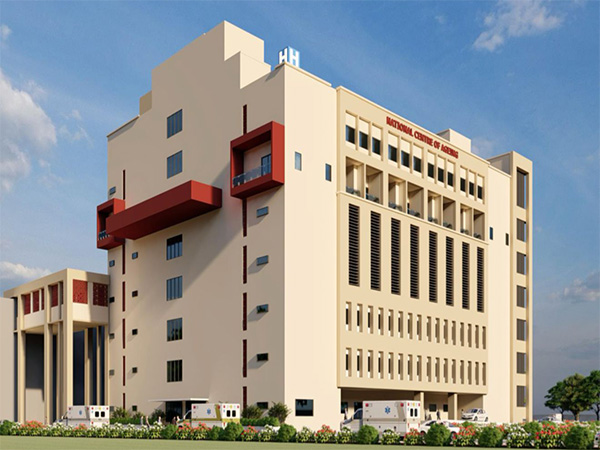
UP's healthcare boost: National Centre of Ageing Varanasi nearing completion
Sep 06, 2025
Varanasi (Uttar Pradesh) [India], September 6 : The United Nations has declared 2021-2030 as the decade of Healthy Ageing, a vision that resonates deeply with the Government of India's commitment to elderly health through the National Programme for Health Care of the Elderly (NPHCE). In this very decade, the creation of the 200-bedded National Centre of Ageing (NCA) under NPHCE in Banaras Hindu University (BHU), Varanasi, has emerged as a landmark step, both a reflection of the Government's foresight in prioritising elderly welfare and a tribute to India's senior citizens.
The NCA is far more than a hospital block; it is a dedicated institution for elderly care. While general hospitals often overlook geriatric needs, this centre will focus exclusively on conditions such as frailty, sarcopenia, dementia, osteoporosis, arthritis, cardiovascular diseases, and multimorbidity. With its outpatient clinics, specialised wards, rehabilitation units, memory clinics, and fall-prevention programs, the Centre promises comprehensive and dignified care under one roof. Its multidisciplinary team of doctors, nurses, psychologists, occupational, and physio therapists will ensure that medical care is seamlessly blended with emotional, social, and rehabilitative support, making the approach truly holistic.
Another cornerstone of the NCA will be its role in training the next generation of specialists. India faces a severe shortage of doctors, nurses, and caregivers trained in geriatric medicine. NPHCE mandates increasing MD Geriatrics seats to 15 per year, along with the start of fellowships and hands-on programs. The Centre will prepare a skilled workforce capable of delivering elderly-friendly care from premier institutions to district hospitals and community health services.
The NCA also envisions itself as a hub of Research and innovation. From exploring biomarkers of ageing and frailty to developing indigenous assistive technologies and expanding telemedicine services for rural elderly, it will generate evidence uniquely relevant to India's ageing population. These insights will provide much-needed guidance for national policies under NPHCE and MoHFW, ensuring that the Centre becomes both a provider of care and a think tank for policymaking.
Importantly, the Centre's vision goes beyond its walls. By promoting preventive health services, screening, teleconsultations, nutrition and fitness awareness, and rural outreach, it will address ageing-related challenges at the community level. This effort will not only help in preventing disability but will also delay dependency and reduce the caregiving burden on families.
Prof. Anup Singh, Nodal Officer of the NCA, acknowledged the strong support of NPHCE, MoHFW and the BHU leadership, expressing gratitude to the Vice Chancellor, Prof. Ajit Kumar Chaturvedi, for facilitating parking space and sanctioning a few faculty positions. With about 65% of construction completed, the Centre is on track to be completed by December 2025.
According to Prof Singh, geriatrics is priority area for the Government of India, which continues to frame elderly-friendly policies aimed at making senior citizens healthy and self-reliant. Chief Minister of Uttar Pradesh, Yogi Adityanath, personally also visited the NCA site in May 2025 to review its progress.
More than just a medical facility, the National Centre of Ageing will stand as a symbol of dignity, independence, and holistic well-being for India's elderly. By integrating healthcare, training, research, and policy, and with the strong backing of BHU and MoHFW, the NCA is poised to become a landmark institution shaping the future of elderly care in India.

